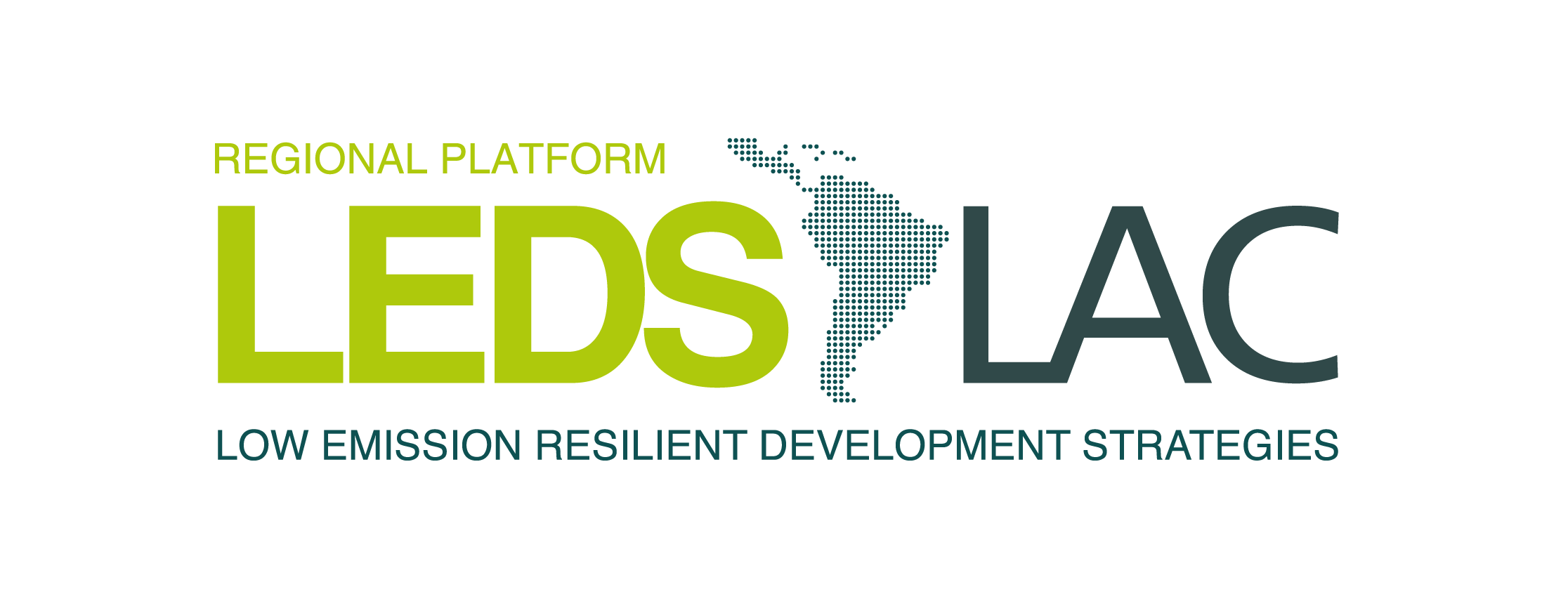The value of national networks of municipalities in the face of Climate Change
Written by: Cristóbal Reveco, Adapt-Chile
In November of this year I was invited to Costa Rica by the National University. The purpose of the invitation was to support the formation of a national network of municipalities to accelerate climate action. This network would be oriented towards the formation of a community of practice in which local governments in Costa Rica could support each other in the design and implementation of actions for greenhouse gas reduction and local resilience building.
One of the things I have been learning from the experience I had when we started the Chilean Network of Municipalities facing climate change (link), is that networks now play a central role in climate action. Throughout the Latin American region we have seen the birth of networks of cities, coalitions of negotiating groups, business groups and associations of researchers who seek to have a greater impact on the climate agenda. In this context, what is the value of a national network of municipalities and what opportunities and challenges does it present?
The extensive literature in network theory indicates that the purpose of networks is to increase the influence of actors to bring about change in a given direction. In this context, a network of municipalities in the face of climate change has shown me that it can, inter alia;
- to make visible the need to have a strategic orientation on climate change at the level of all the municipalities of a country;
- facilitate consensus building on municipal needs and demands for greater climate action;
- articulate the voice of municipalities in the face of national and global challenges;
- facilitate access to information and the exchange of best practices among peers;
- promote alliances with the private sector and national government and with other international networks.
In short, a network makes it possible to generate an organized community whose efforts are focused in a given direction, increasing the possibilities of building consensus and generating greater influence at larger governance scales (national, international). One of the clear examples left by COP23 is that coalitions of local governments have the power and influence to influence national and international agendas. The U.S. "we are still in" coalition (link) is an example in which local governments commit to ratify the Paris agreement regardless of the decision of that country's government to withdraw from the agreement.
On the other hand, the challenges that these national networks face have to do with the need to maintain concerted work agendas that allow them to maintain political momentum. Climate change is as much a political issue as it is a scientific-technical one. Keeping political actors at the forefront of these efforts is a central part of the work of these networks; but it is also an opportunity to strengthen the influence of these actors (mayors in this case) to exert greater influence and accelerate climate action. The local agendas of education, health, security, among others, all come to compete with the climate agendas. When a mayor identifies that local development agendas are intrinsically related to the climate agenda; when he or she recognizes that education, health and safety are central to the fight against climate change and structural elements of local resilience, then we reach an essential political consensus. It is that political consensus that can transcend to other local governments through national networks. It is this political effort that must maintain the momentum of these efforts. By 2020, when the new NDCs will be presented, municipal networks will have a central role in influencing national governments to increase the ambition of country contributions. A concerted voice of local stakeholders will be essential to achieve transparent, achievable, verifiable and ambitious commitments. Strengthening and expanding municipal networks is a key opportunity to increase the ambition of NDCs.
